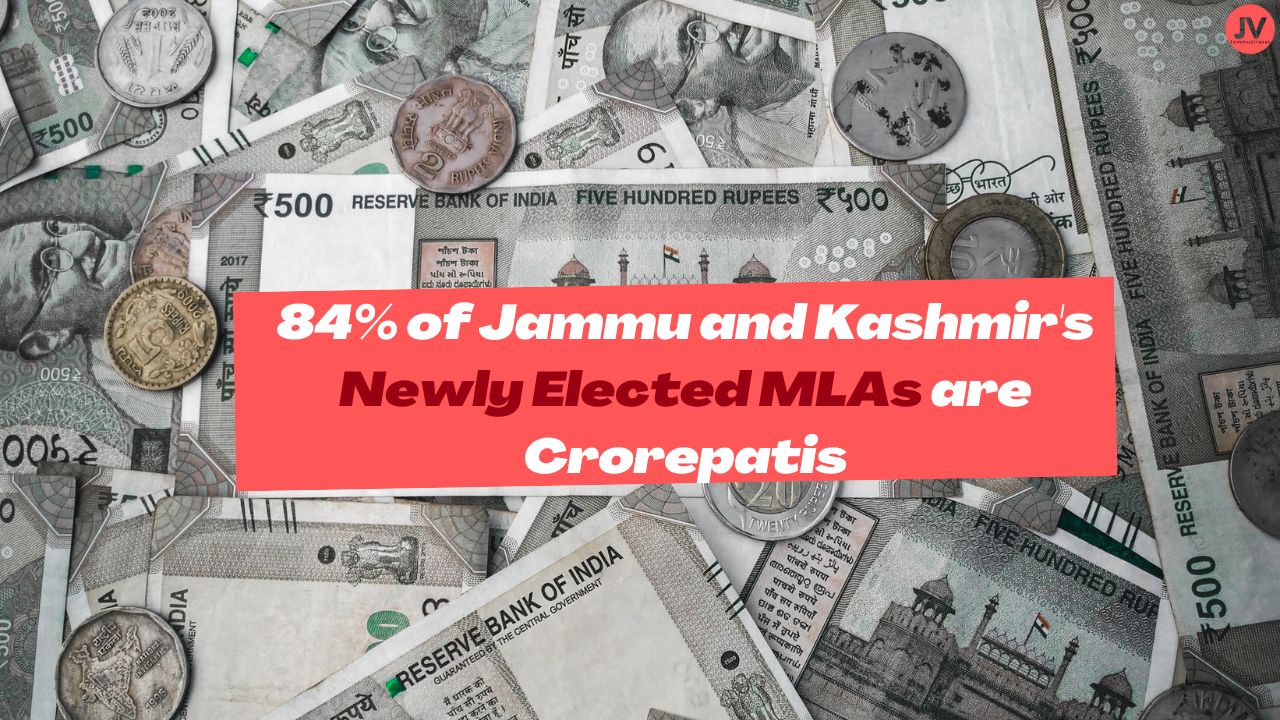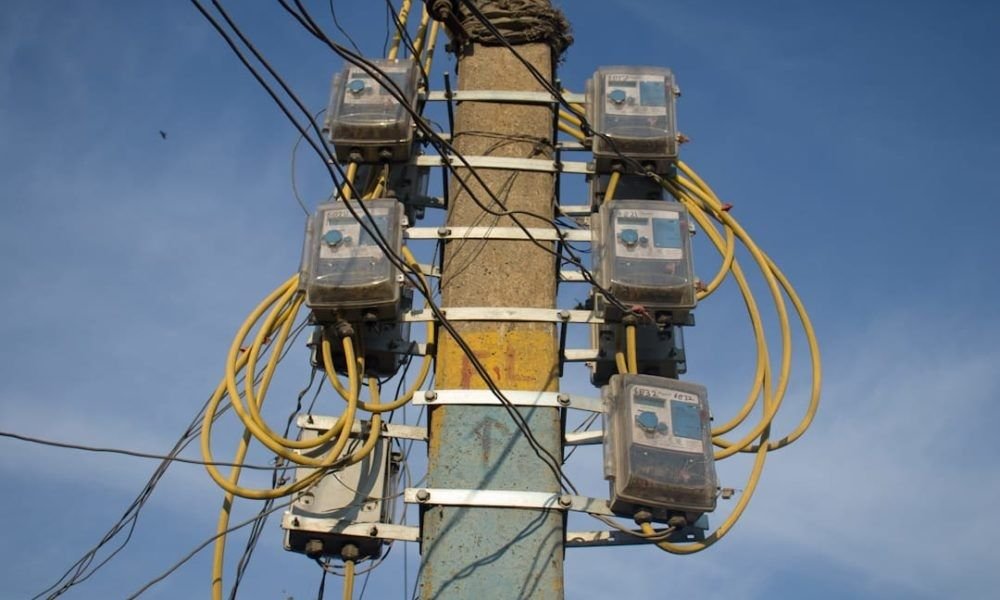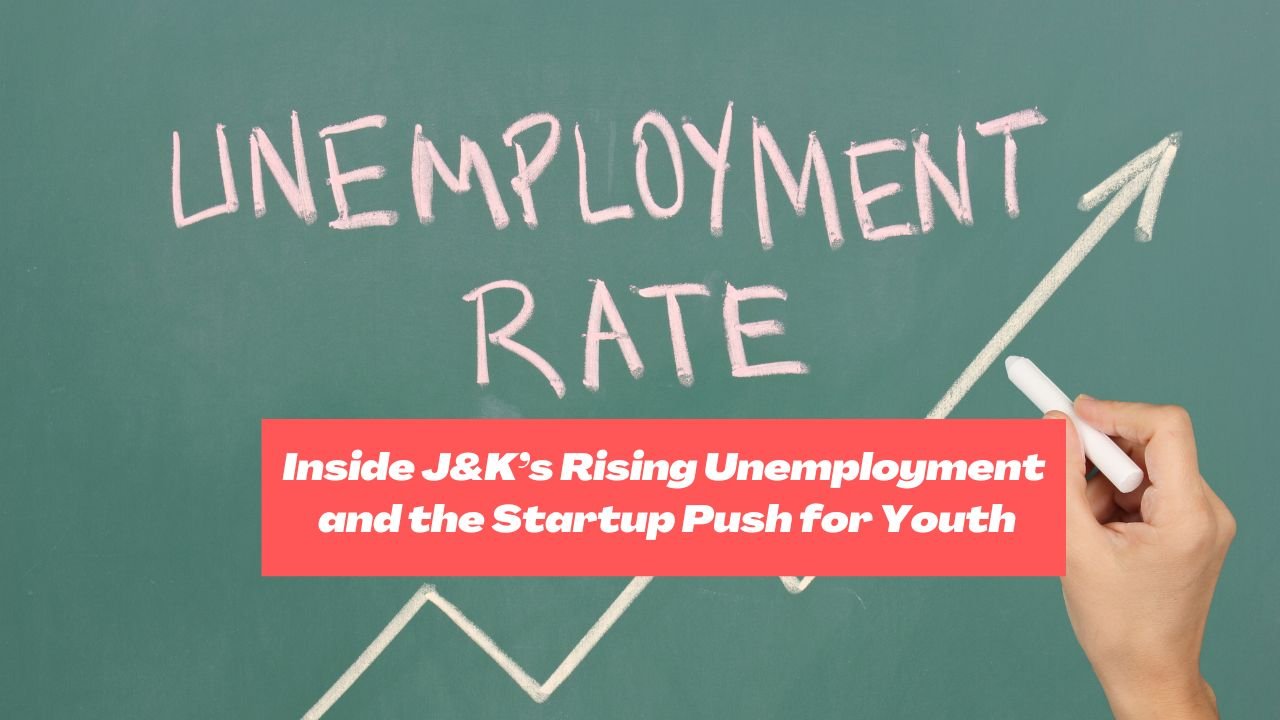84% of Jammu and Kashmir’s Newly Elected MLAs are Crorepatis: A Detailed Wealth Analysis
A striking 84% of the newly elected Members of the Legislative Assembly (MLAs) in Jammu and Kashmir are crorepatis, reflecting a significant 9% increase from 2014. According to data compiled by the Association of Democratic Reforms (ADR), the average declared assets of these MLAs now stand at ₹11.43 crore. This figure marks a considerable rise compared to a decade ago when the average was ₹4.56 crore, showcasing a remarkable doubling of wealth among the political elite.
JK Assembly 2024 | Rising Wealth Among Jammu and Kashmir’s MLAs
The ADR report reveals that 76 of the 90 newly elected MLAs in Jammu and Kashmir have declared assets exceeding ₹1 crore. Back in 2014, only 65 out of 87 legislators (75%) were crorepatis, highlighting the increasing financial status of politicians in the region.
Notably, the top two wealthiest MLAs are Congress president Tariq Hamid Karra and BJP leader Devender Rana, both with declared assets exceeding ₹100 crore. Karra, who represents the Central Shalteng constituency, has reported assets worth ₹148 crore, making him the wealthiest MLA in Jammu and Kashmir. Devender Rana, elected from the Nagrota constituency, follows closely behind with assets valued at ₹126 crore.
Wealthiest MLAs in Jammu and Kashmir
The growing financial power among politicians is apparent in the top ranks of Jammu and Kashmir’s legislators. Here’s a look at the top three wealthiest MLAs:
- Tariq Hamid Karra (Congress) – ₹148 crore
Representing Central Shalteng, Karra tops the list of wealthy legislators in the region. - Devender Rana (BJP) – ₹126 crore
The second richest, Rana, represents the Nagrota constituency and holds vast wealth, a significant figure in Jammu and Kashmir’s political landscape. - Mushtaq Ahmad Guroo (NC) – ₹94 crore
The National Conference (NC) MLA from Chanapora, a businessman by profession, ranks third on the list with assets nearing ₹94 crore.
Poorest MLAs in Jammu and Kashmir
On the other end of the financial spectrum, some MLAs have declared much smaller asset values. Aam Aadmi Party’s (AAP) Mehraj Malik is the poorest legislator, with net assets amounting to just ₹29,070. Malik holds the distinction of being the first AAP MLA in Jammu and Kashmir.
Following him is Javaid Ahmad Mirchal, an NC MLA from Karnah, with assets valued at ₹3 lakh. Zafar Ali Khatana, another NC MLA from Kokernag, declared assets worth ₹34 lakh, placing him among the financially modest representatives in the assembly.
Read also: All About Salary of an MLA in Jammu and Kashmir
Party-Wise Wealth Distribution
The ADR data also highlights the distribution of wealth across political parties.
- Congress MLAs have an average net worth of just over ₹30 crore.
- BJP MLAs follow with an average wealth of ₹14.55 crore across their 29 representatives.
- NC MLAs (42 in total) report average assets of ₹8.47 crore.
- PDP MLAs (3 in total) have average declared assets of ₹4.25 crore.
- Independent MLAs (7 in total) declare an average net worth of ₹5 crore.
Crorepati MLAs by Party in JK Assembly 2024
The prevalence of crorepati MLAs varies across political affiliations. A significant 88% of NC MLAs (37 out of 42) are crorepatis, while 86% of BJP MLAs (25 out of 29) have assets worth over ₹1 crore. Every Congress MLA, along with the sole representatives of CPI(M) and People’s Conference, has also declared assets in excess of ₹1 crore.
Wealth Brackets Among MLAs
The wealth distribution among MLAs shows a wide range of financial standings:
- 23 MLAs have declared assets worth more than ₹10 crore.
- 26 MLAs possess assets between ₹5 crore and ₹10 crore.
- 27 MLAs fall into the ₹1 crore to ₹5 crore bracket.
- 14 MLAs have assets under ₹1 crore.
These figures reflect the significant wealth disparity among the legislators, with a small minority holding vast fortunes while others represent more modest financial positions.
Increasing Wealth and Its Implications for Jammu and Kashmir’s Politics
The growing financial wealth of Jammu and Kashmir’s legislators brings both opportunities and concerns. Wealthy politicians often have the resources to influence policy and governance through significant campaign funding and outreach, giving them a strategic advantage. However, this rise in wealth can also create a potential disconnect between the affluent MLAs and the general population, many of whom face economic hardships.
The concentration of wealth among legislators raises important questions about the role of money in politics and its impact on representation. The increasing number of crorepatis in Jammu and Kashmir’s political landscape may signal a shift in how elections are fought and won, potentially prioritizing financial power over grassroots support.
The latest data from ADR shows that the wealth of Jammu and Kashmir’s MLAs continues to rise, with a significant majority now being crorepatis. The increase in financial assets among political representatives points to a broader trend of wealth accumulation within politics, potentially altering the dynamics of governance in the region. As economic disparity grows, the challenge of balancing wealth with effective political representation becomes increasingly critical for the future of Jammu and Kashmir’s democratic processes.
















